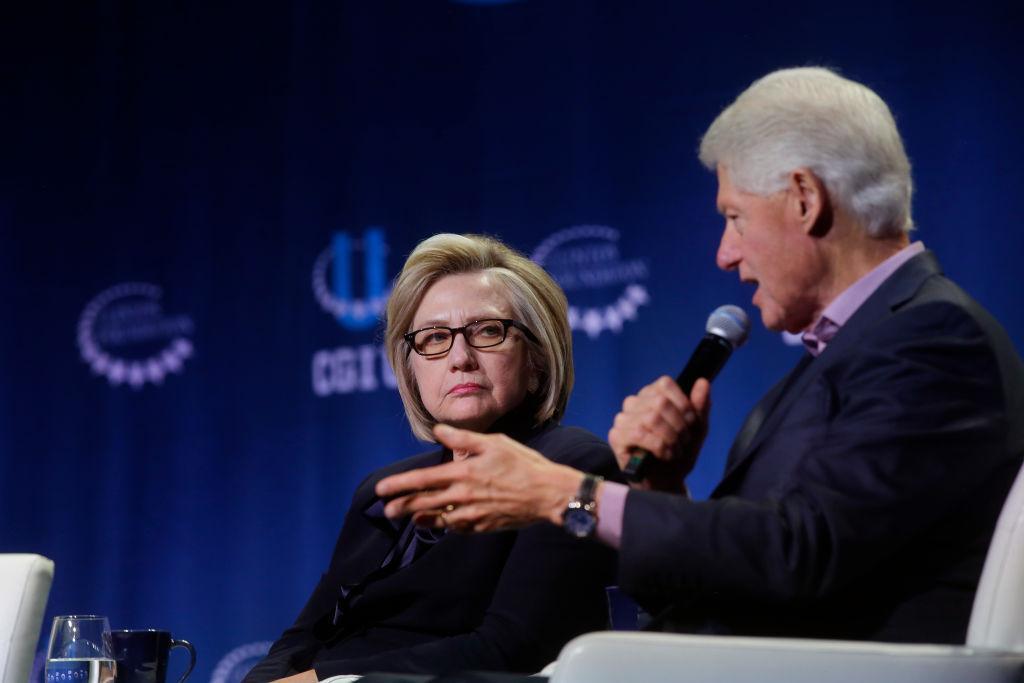Hillary Clinton testified in a new court document (pdf) on Dec. 14, that she used her private email system for the “purpose of convenience.”
Last month, U.S. District Court Judge Emmet Sullivan ordered the former secretary of state to respond under oath to questions she had previously denied answering about her private email server—which she used for years while serving as secretary of state under President Barack Obama.




